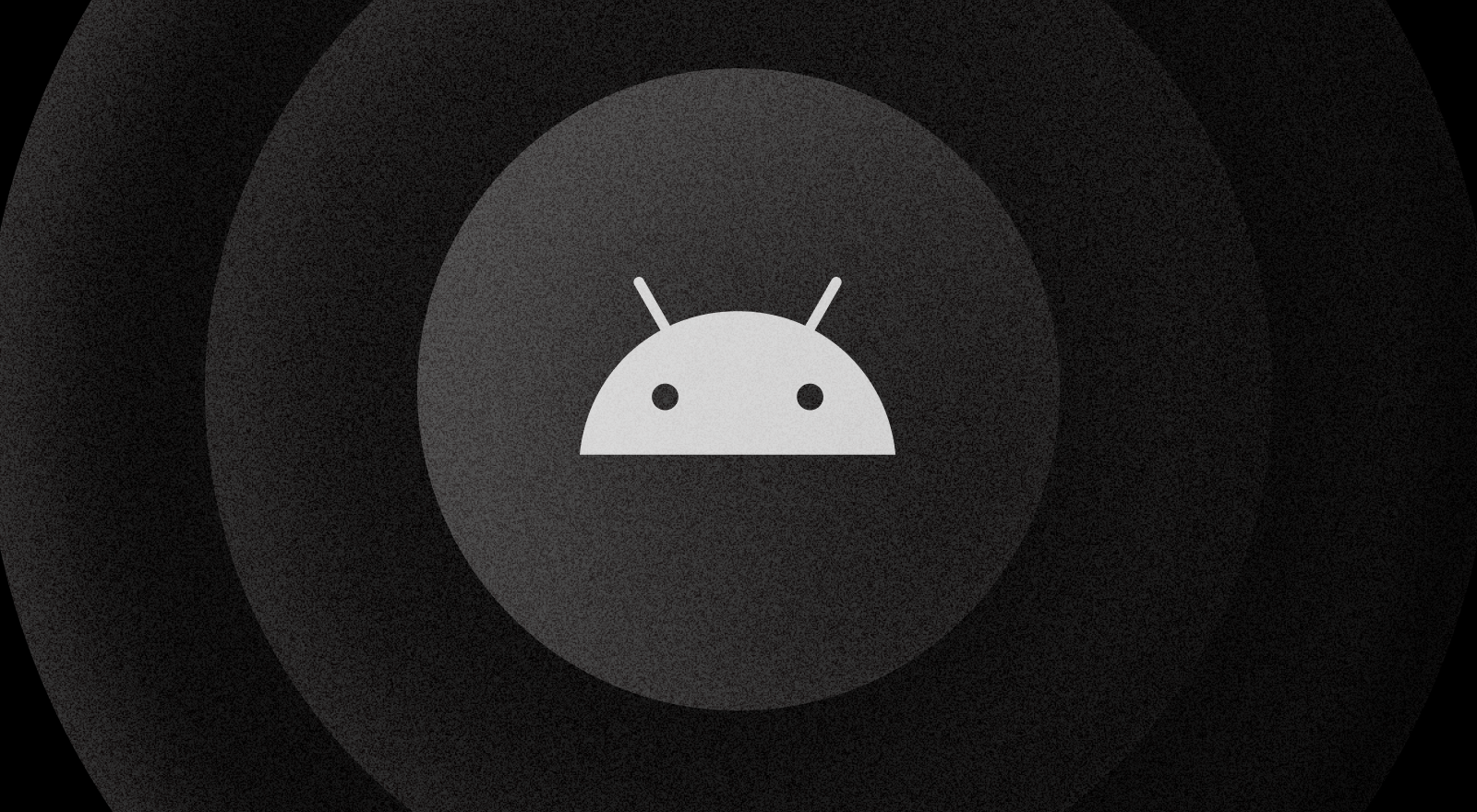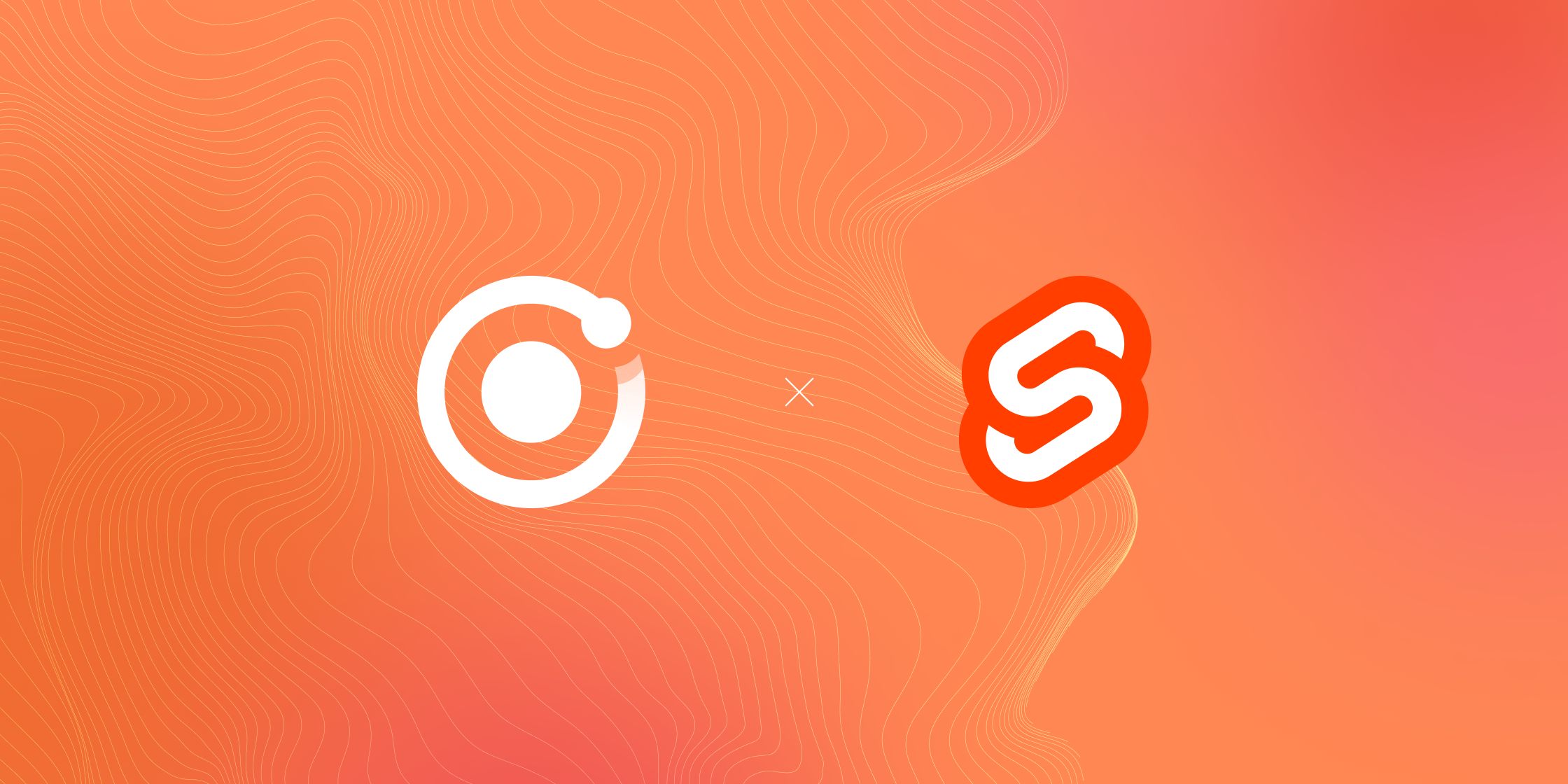Update your target Android API level by November 1

Update: Android has delayed the deadline to update the target API level to January 31, 2023. Additionally, developers can request an extension of up to May 1, 2023. View extension details on Google Play Console support.
Appflow and Capacitor are built for mobile developers, and we know the challenges of managing various dependencies and requirements. That’s why we keep you up-to-date on the latest deadlines. Starting November 1, existing and updated apps have new requirements for the targeted Android API level. These requirements set by Android are designed to ensure the latest security, privacy, and user experience updates.
Existing apps
For existing apps, meaning a published app not receiving updates, apps must target an API level of 30 or higher to be discoverable in Google Play. This means new users won’t be able to use Google Play to find or install apps targeting a level of 29 or below.
Users that have already installed your app will still be able to discover, re-install, and use the app via Google Play. They will also still have access to your app even after moving to a new Android device.
If you want new users to have access to your app and your target API level below 30, now is the time to update your app.
Updated apps
For new updates to an existing app, a target API level of 31 is required. App bundles or APK’s targeting a level of 30 or below cannot be uploaded in Play Console after the November 1 deadline. This requirement has already been in effect for brand new apps since August.
Updating your targeted Android API level
The target API level for your app is specified by the targetSdkVersion in your manifest file. For Capacitor projects, identify and update your existing target API level in the variables.gradle file in your Android app.
ext {
minSdkVersion = 22
compileSdkVersion = 32
targetSdkVersion = 32
androidxActivityVersion = '1.4.0'
androidxAppCompatVersion = '1.4.2'
androidxCoordinatorLayoutVersion = '1.2.0'
androidxCoreVersion = '1.8.0'
androidxFragmentVersion = '1.4.1'
coreSplashScreenVersion = '1.0.0-rc01'
androidxWebkitVersion = '1.4.0'
junitVersion = '4.13.2'
androidxJunitVersion = '1.1.3'
androidxEspressoCoreVersion = '3.4.0'
cordovaAndroidVersion = '10.1.1'
}Your application may require additional updates depending on what version you are migrating from and what features you leverage. You can view more details in the Android migration guide.
Capacitor 4
If you’re on the latest version of Capacitor, you are already targeting API level 32. Capacitor 4.0 provides all the updates your application needs to be ready for the latest version of Android devices. If you haven’t updated yet and need to increase your target API level, consider updating your Capacitor version as well. Check out our 4.0 migration guide, which highlights what features have changed and how to make the transition seamless.
Appflow has you covered
Appflow build stacks for Android include the latest versions of the Android SDK. In addition, we deprecate older versions once they are out of support, and provide notice in advance so your team can prepare.
Appflow also has an update ready to handle the upcoming requirement for Android App Bundle (AAB) builds after November 21. While you can already build both .aab and .apk bundles in Appflow, starting on November 21, we’ll default to AAB and show a warning if you try to create a new destination with .apk selected.
If you’re not already leveraging Appflow for automated build and deployments, get started with a free trial today!


